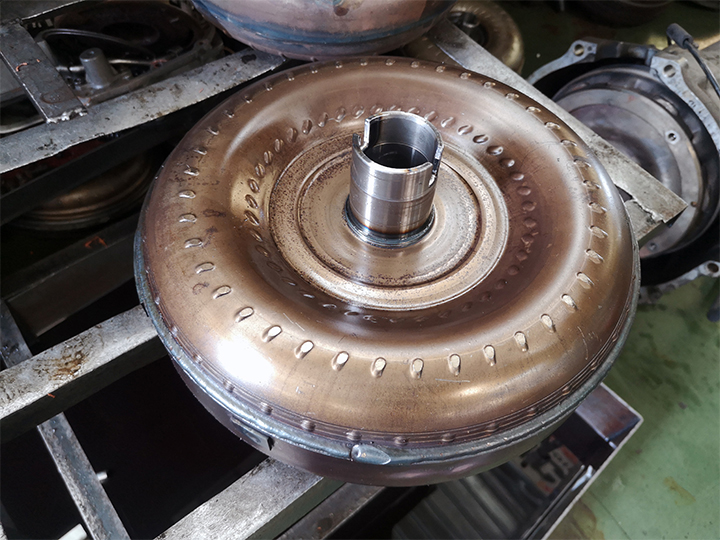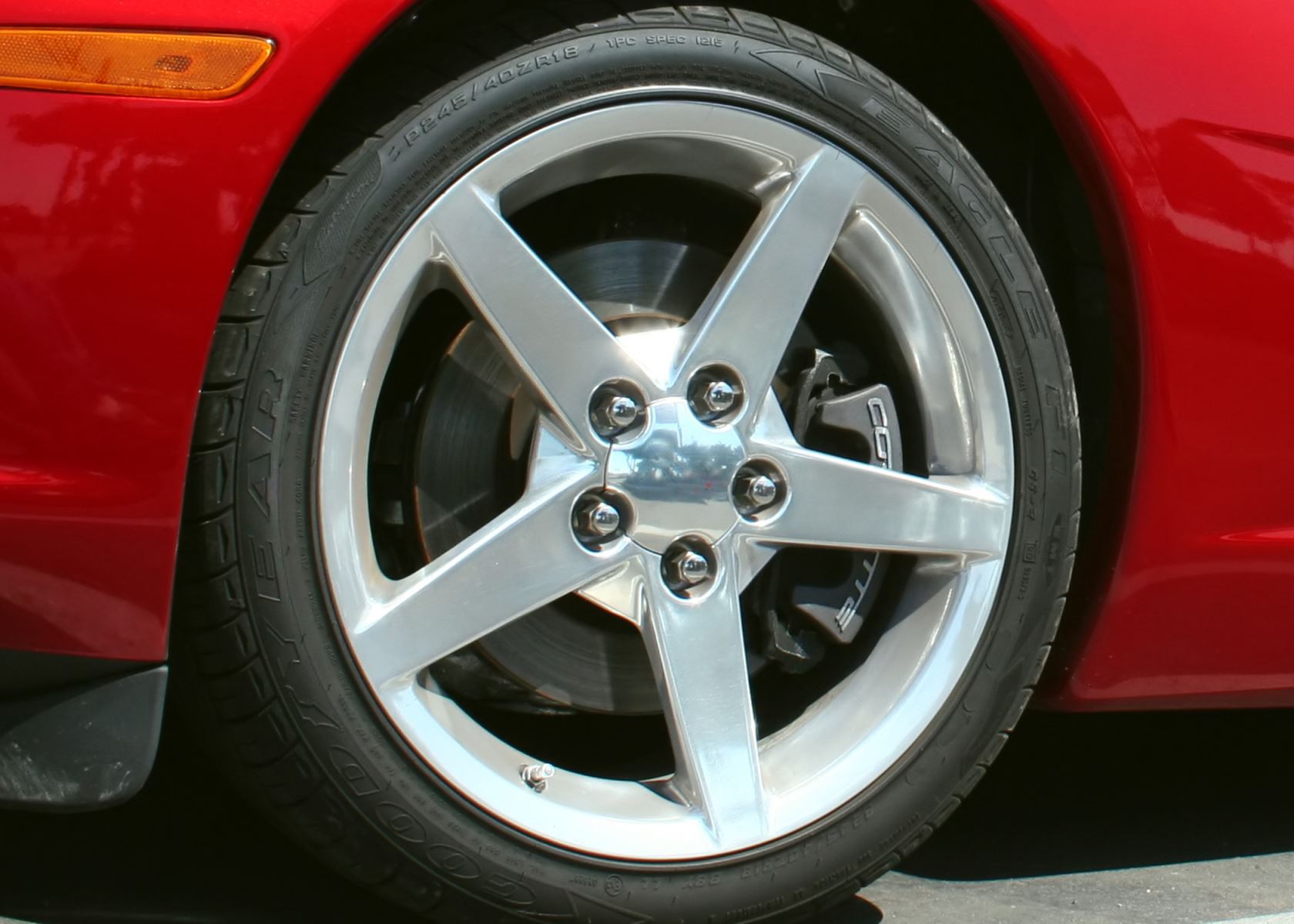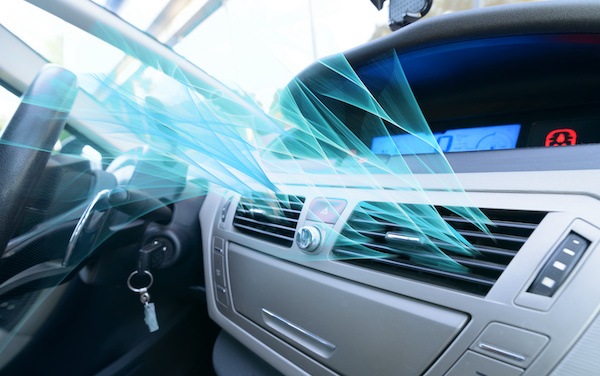Posted on 8/11/2021

All automatic transmission vehicles have a torque converter as a vital part of their transmission system. It is what enables the car or truck to shift automatically between gears while you are driving. Power from the engine is converted into hydraulic pressure. The torque converter is a very important, yet sensitive, piece of equipment that is prone to failure. It is one of the most common causes of internal transmission damage. Once a torque converter starts to malfunction, it can lead to all sorts of other issues. Transmission fluid problems (too much, too little, too old/corroded) can also lead to torque converter damage, so it is important to maintain your transmission as part of your overall automotive preventative maintenance schedule. At the first sign of any transmission problems, especially torque converter issues, you should get your vehicle looked at by an automotive expert. Here are some of the sig ... read more
Posted on 8/4/2021

Your wheels and tires are what connect you and your vehicle to the road when driving. Your wheel bearings (or wheel hub bearings) are what connect those wheels to the to the axle. Remember the old song about "the knee bone is connected to the shin bone...?" It's kind of like that. If the wheels are the feet of your car (with the tires being your shoes), then the wheel bearings are part of the ankles. In other words, they are very important to your vehicle being able to move around. What is a Wheel Bearing? The wheel bearing is a critical part of the wheel assembly that connects the vehicle's axles to its wheels. A bearing is made up of a series of lubricated steel balls (ball bearings) or tapers (tapered bearings) held together within a metal ring. The bearing allows the wheel to rotate smoothly with as little friction as possible. Wheel bearings are vital to the performance an ... read more
Posted on 7/21/2021
.jpg)
The warmest parts of summer and the coolest parts of winter are when your car's cooling system is working its hardest to keep the engine running at proper temperatures. In the excess summer heat and humidity, overheating is always a concern. The cooling system is made up of multiple vital components, including the radiator, radiator fluid (coolant), water pump, fan, thermostat, heater core, cooling jacket and various hoses that transfer the coolant throughout the system. This complex system is what keeps your engine from getting too hot. If anything is loose, damaged or not working properly, you will start to experience overheating problems and it could do serious damage to your engine. This is why cooling system maintenance and monitoring are so important, especially this time of year. Here are a few summer cooling system tips from Fox Run A ... read more
Posted on 7/14/2021

It's that time of year when the heat and humidity are peaking here in Northern Delaware. You might be sweating a bit more when you spend time outside. Summer weather can also have an impact on your car. Warmer temperatures and more moisture in the air can affect everything from engine performance and fuel economy to failing sensors. It's no secret that hot and cold exterior temperatures have different effects on vehicles. There are problems you worry about in the chilly winter months, and there are issues that you should watch for during the summer, as well. Your engine gives off heat when its running. When you combine that with even more heat in the environment around it, it can add more stress to the engine and cooling system. Engine Overheating Overheating is always a concern if you push your vehicle ... read more
Posted on 6/23/2021

If you ever notice any fluid leaking from your vehicle, you should be concerned. Some leaks are minor and relatively harmless. Some leaks are signs of major damage that should be addressed as soon as possible. You never know for sure until you identify the source of the leak and how bad any damage might be. It could just be a loose fluid line connection or worn seal/gasket. Or, it could be something much worse. All vehicles have many different fluids. Here is what you should know if you see any of these fluids leaking from your car: Fuel Any leak of fuel (gasoline or diesel) can be extremely dangerous. You might have damage to your fuel tank, the fuel pump or one of the fuel lines. Whatever the problem, you want to get it fixed immediately! Engine Oil Probably the most common fluid leak is engine oil. Some leaks are fairly minor and may not be causing a huge problem other than a m ... read more